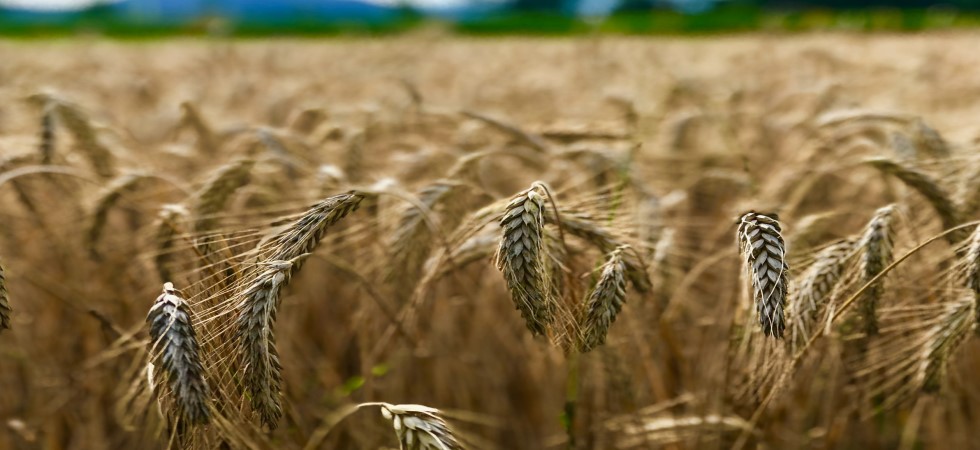Indian Prime Minister Narendra Modi has told US President Joe Biden that India is ready to ship food to the rest of the world following supply shocks and rising prices due to the war in Ukraine.
Mr Modi said India had ‘enough food’ for its 1.4 billion people, and it was ‘ready to supply food stocks to the world from tomorrow’ if the World Trade Organization (WTO) allowed.
Russia and Ukraine are two of the world’s major wheat exporters and account for about a third of global annual wheat sales. The two countries also account for 55% of the global annual sunflower oil exports, and 17% of exports of maize and barley.
Together, they were expected to export 14 million tonnes of wheat and over 16 million tonnes of maize this year, according to Food and Agriculture Organization of the United Nations (UNFAO).
Upali Galketi Aratchilage, a Rome-based economist at UNFAO said:
“The supply disruptions and threat of embargo facing Russia means that these exports have to be taken out of the equation. India could step in to export more, especially when it has enough stocks of wheat.”
India is the second biggest producer of rice and wheat in the world. As of early April, it had 74 million tonnes of the two staples in stock. Of this, 21 million tonnes have been kept for its strategic reserve and the Public Distribution System (PDS), which gives more than 700 million poor people access to cheap food.
India has the capacity to export 22 million tonnes of rice and 16 million tonnes of wheat in this fiscal year, according to Ashok Gulati, a professor of agriculture at the Indian Council for Research on International Economic Relations.
Gulati said: “If the WTO allows government stocks to be exported, it can be even higher. This will help cool the global prices and reduce the burden of importing countries around the world.”
Potential drawbacks
This is by no means a perfect solution though, with several potential drawbacks. India’s new wheat season is under way and officials project a record 111 million tonnes will be harvested – the sixth bumper crop season in a row. But some experts believe the yield could be much lower because of fertiliser shortages and the weather.
It is also thought that if the war is prolonged, India might face logistical challenges in stepping up exports.
Aratchilage added: “Exporting huge volumes of cereals involves huge infrastructure like transportation, storage, ships. Also, the capacity to start shipping in high volumes.”
There is also the question of higher freight costs.
Lastly, there is the ongoing concern over galloping food prices at home – food inflation hit a 16-month-high of 7.68% in March. India’s central bank has warned about ‘elevated global price pressures in key food items’ leading to ‘high uncertainty’ over inflation.









